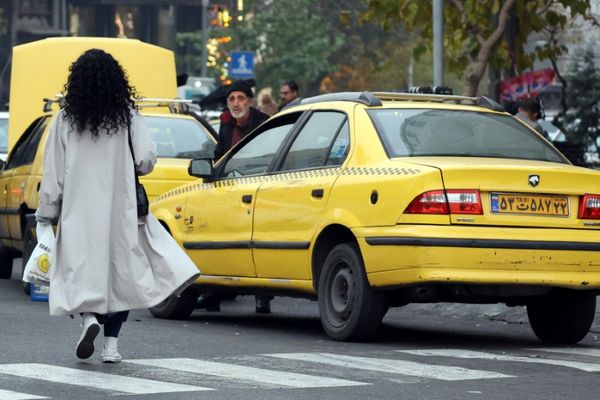
On the last day of 2019 Rafael Behr had a heart attack, a really bad one, the kind known as a “widowmaker”. As he was recovering he was told he’d need to avoid stress. Which, as a political columnist for the Guardian, given the state of things, was no easy task. This book is pitched as an attempt to find a path back to engaging with current affairs without ending up in an ambulance again.
The good news is that Behr has avoided any further trips to the hospital. The bad news is that he still seems pretty annoyed. Certainly the reader will find their blood pressure rising as the story of politics over the past few years is retold.
As a Jewish political commentator in my mid-40s with liberal and remain leanings, who also suffered a near-death experience a few years ago (after an operation to treat Crohn’s disease), I couldn’t get demographically closer to the author without moving into his house. So it’s perhaps unsurprising that his analysis of how we got here rang true to me. Having said that, I suspect anyone who’s familiar with the misery of doomscrolling through Brexit, Donald Trump, Boris Johnson, Liz Truss and all the rest will find themselves nodding along in recognition.
Behr is a brilliant stylist whose writing is full of quotable sentences and sharp analogies. His definition of the Westminster lunch as an opportunity “to negotiate a tactical exchange of indiscretions” was not the only line to make me laugh out loud. Elegant prose is used to leaven the story but also to impart wisdom, such as this masterful delineation of the difference between patriotism and nationalism – “both romanticise the past, but the nationalist pretends it can be reinstated as the future”.
The book is mostly focused on picking apart the strands of our current malaise – the impact of social media, the demagogic tricks passed from autocrats such as Vladimir Putin to western leaders, the complacency of pre-financial crash liberals – but there is an element of memoir in there too. Behr’s experiences as a journalist in post-communist Russian and eastern Europe are contrasted with trends in the UK – to show the similarities but, importantly, the differences too. Complaining to a Russian friend the day after the EU referendum, he is reminded that while it might be painful for remainers, “at least they got to go to bed the night before not yet knowing what the result would be”.
Including his own backstory helps Behr, a second-generation immigrant, capture the fear ingrained in most diasporic families that political chaos will follow them to their new home. Like me, he inherited a deep dislike of meshugas, a Yiddish word that loosely translates as craziness, but specifically describes the kind of aggressive delusion around which populist movements are built. Those who pursue the politics of moderation are often dismissed as wimpishly avoiding the fray, or worse, being obstacles to progress. But in our cases it stems from the knowledge that ideological fervour rarely ends in a good outcome for Jews, or other minority groups.
Like many moderates Behr is caught between the obvious idiocies of the clowns in charge and the uneasy feeling that he has some responsibility for their success. One of the best sections explores how the drift in political commentary towards sardonic distance – what American professor Jay Rosen calls “the cult of savviness” – has contributed to our woes. I fret about this too. The more time we all spend speculating about how policies will play with voters, the less time we’re spending on their inherent value.
Ultimately Behr recognises that being entirely sanguine is impossible for the politically interested. Nevertheless, he asks us to put our frustrations in perspective rather than letting them overwhelm us. After all, “anger at the state of politics is proof that we have not given up on the hope of something better”. And our continued focus will be necessary as the false promises of the populists collapse around them. As Behr astutely notes, the original version of The Emperor’s New Clothes does not finish with the child stating the obvious, but, in the absence of any alternative, the emperor walking on “more proudly than ever, as his noblemen held high the train that wasn’t there at all”.
• Politics: A Survivor’s Guide: How to Stay Engaged Without Getting Enraged by Rafael Behr is published by Atlantic. To support the Guardian and Observer order your copy at guardianbookshop.com. Delivery charges may apply.







